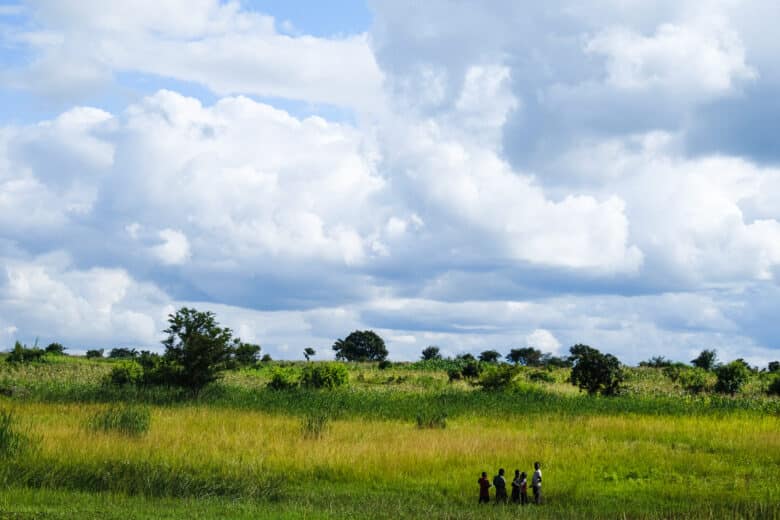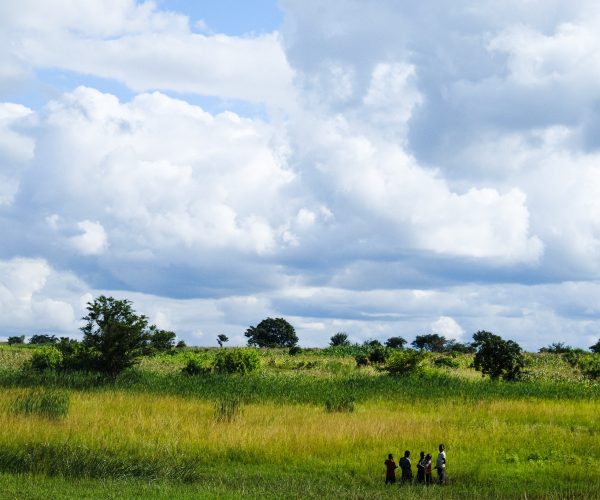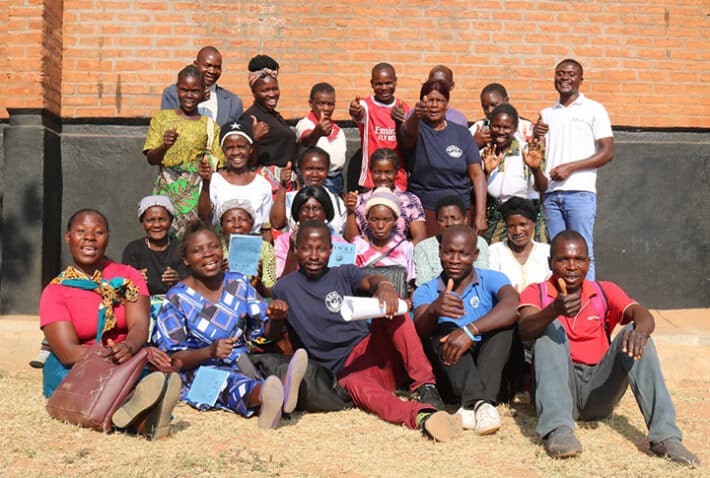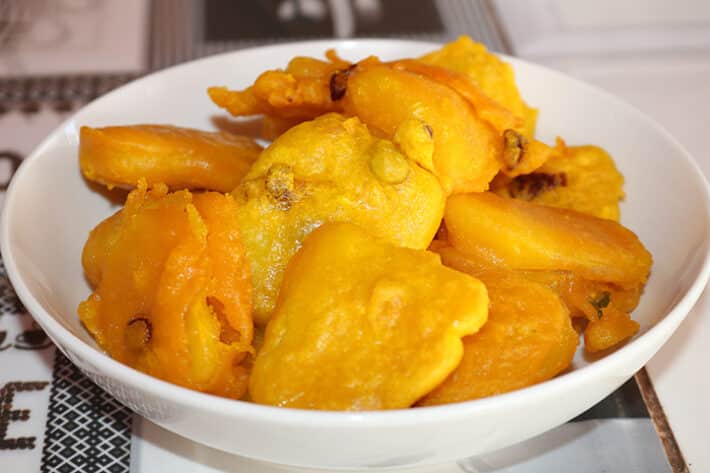Colonial Rule in Malawi


Colonial Rule in Malawi
Here we will cover the years of 1891 to 1963, during which the British Empire colonized Malawi and brought in new crops and religious influence. To learn more about the prehistory, settlement, economy, and governance of Malawi, read our blog on the history of Malawi.
British discovery of Malawi
Explorer David Livingstone is credited with “discovering” Malawi in the 1860s, though the land had been inhabited long before Europeans arrived. Scottish missionaries arrived in the 1870s, intent on converting the people of Malawi to Christianity.
In 1883, the British established the British Central Africa Protectorate, later renamed “Nyasaland” after the Yao word for lake. The majority of the people of modern day Malawi were converted to Christianity, which remains the dominant religion in present day.
Revolt against the British
As early as 1915, Nyasalanders began to band together to fight against colonial rule. John Chilembwe and many of his followers were killed during an unsuccessful uprising.
The Nyasaland African Congress was established in 1944 and soon spread across the country among workers. Thousands of Nyasalanders also fought in the second World War for the British Empire.
In 1958, Dr. Hastings Kumuzu Banda arrived back in Malawi after time away studying and working as a doctor. His Malawi Congress Party would eventually win the first free election in Malawi in 1963 and take over governance of the country in 1964.
Effects of colonialism on the Malawian people
Prior to colonization, Malawi was governed by local chiefs of various tribes who doled out justice and oversaw land ownership. The British settlers overtook native Malawian land, especially the most fertile areas in southern Malawi. Under their rule, what had once been tribal land was now owned by 11 large Scottish and British corporations.
Land appropriation resulted in the destruction of a robust tribal society and the theft of personal means of production of the Malawian people. This led to the destruction of the natural self-sufficiency of Malawians and of other African people under British rule, leaving them no choice but to sell their labor to the British at a loss. During WW2, forced labor was also enacted on the Malawian people.
British cash crops
The British introduced many cash crops to Malawi which are still used for profit today, including tobacco, tea, groundnuts (peanuts), cotton, sugarcane, and coffee. The main food crops in use today are maize, cassava, sweet potatoes, sorghum, rice, and Irish potatoes.
A few native African crops that are still found today include amaranth greens, baobab leaves, cowpea, eggplant, locust bean, long bean, moringa, okra, and shea. You may have seen some of these in your local grocer – we encourage you to try them and experience a little African history for yourself!
Long term effects of colonial rule in Malawi
Colonial rule resulted in alienation of the native people of Malawi (and likewise much of Africa). The Malawian people still feel the effects of colonialism even now, with English still being the official language of the country and many colonial-era laws still in place. Much of Malawi is impoverished, with a disconnect between the land and the people of this land. Malawi’s government, still in its infancy, strives to provide the people of this country with a prosperous and hopeful future, despite their troubled past.




